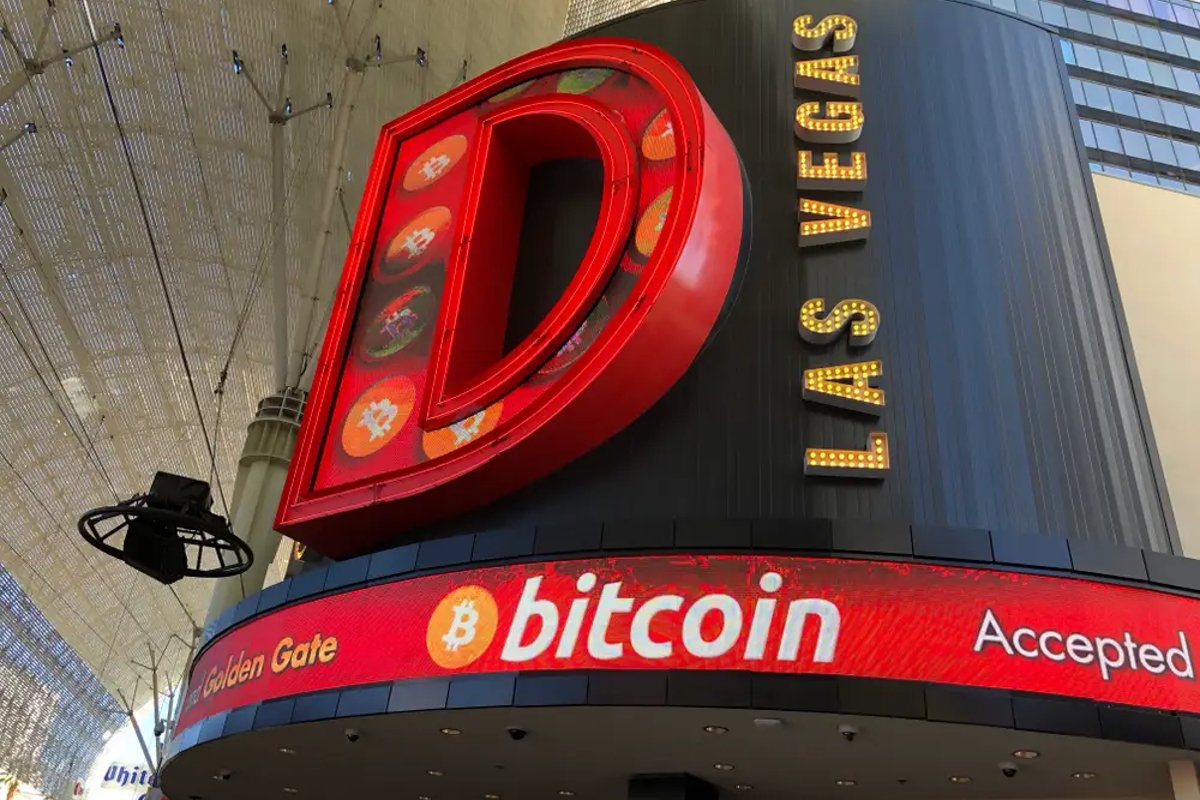Posted on: August 16, 2022, 10:19h.
Last updated on: August 16, 2022, 03:50h.
The US gaming industry is requesting involvement in the federal government’s work to better understand digital currencies and assets. They are doing so in hopes of assuring that any forthcoming regulations do not overly burden its members.

The American Gaming Association (AGA) is the premier lobbying arm of commercial and tribal casinos. The DC-based national trade group believes President Joe Biden’s Executive Order on “Ensuring Responsible Development of Digital Assets” signed in March is more than warranted. But it wants to have a seat at the table as the administration mulls best practices.
The government claims its goal is to protect the public regarding cryptocurrencies and digital assets like non-fungible tokens (NFTs).
“As the US government works to translate the policy goals in the Digital Assets Executive Order to actionable legislative and regulatory requirements, the AGA respectfully requests that the US government evaluate how any new frameworks or requirements would map onto the gaming industry,” AGA President and CEO Bill Miller wrote in a letter to Domestic Finance Under Secretary Nellie Liang, Terrorism and Financial Intelligence Under Secretary Brian Nelson, and White House Science and Technology Policy Deputy Assistant Dr. Alondra Nelson.
Miller says several gaming operators are considering incorporating digital currencies and assets into their operations. Miller explains that the gaming industry tends to face heightened regulatory compliance in financial transactions. And because of that reality, the AGA wishes to work with decision-makers in developing the best digital asset governing practices.
Willing Partner
Miller told the federal officials that the US gaming industry, which has already dipped its toes into the digital currency market, is eager and ready to assist the White House in developing and implementing a digital assets strategy.
Complying with requirements such as anti-money laundering regulations for fiat currency has illustrated over time that the operations of the gaming industry raise unique questions that can necessitate tailored requirements and guidance for the industry. As they have with fiat currency, AGA’s members remain a willing partner to assist the US government to fashion predictable and workable guidelines to govern the use of digital assets in the gaming industry,” Miller continued.
Numerous commercial and tribal casinos and iGaming operators have expressed interest in venturing into cryptocurrencies and digital assets. But those companies want to work with the government to ensure that the gaming industry has clear guidance on satisfying its Bank Secrecy Act (BSA) obligations.
The BSA requires financial institutions, including casinos, to assist the US government in detecting and preventing money laundering. The law mandates that financial institutions keep records of daily transactions above $10,000 and file suspicious activity reports when the illicit movement of money is suspected.
Regulatory Risks
Cryptocurrency and other digital assets pose considerable regulatory concerns. In his executive order, Biden says that without government action, digital money could threaten national security, data privacy, financial stability and systemic risk, the ability to exercise human rights, financial inclusion and equity, and energy demand and climate change.
One of the president’s digital currency goals is to probe whether the formation of a US Central Bank Digital Currency (CBDC) is in the nation’s best interest. The executive order directs the US government to assess the technological infrastructure and capacity needs for a potential CBDC “in a manner that protects Americans’ interest.”
